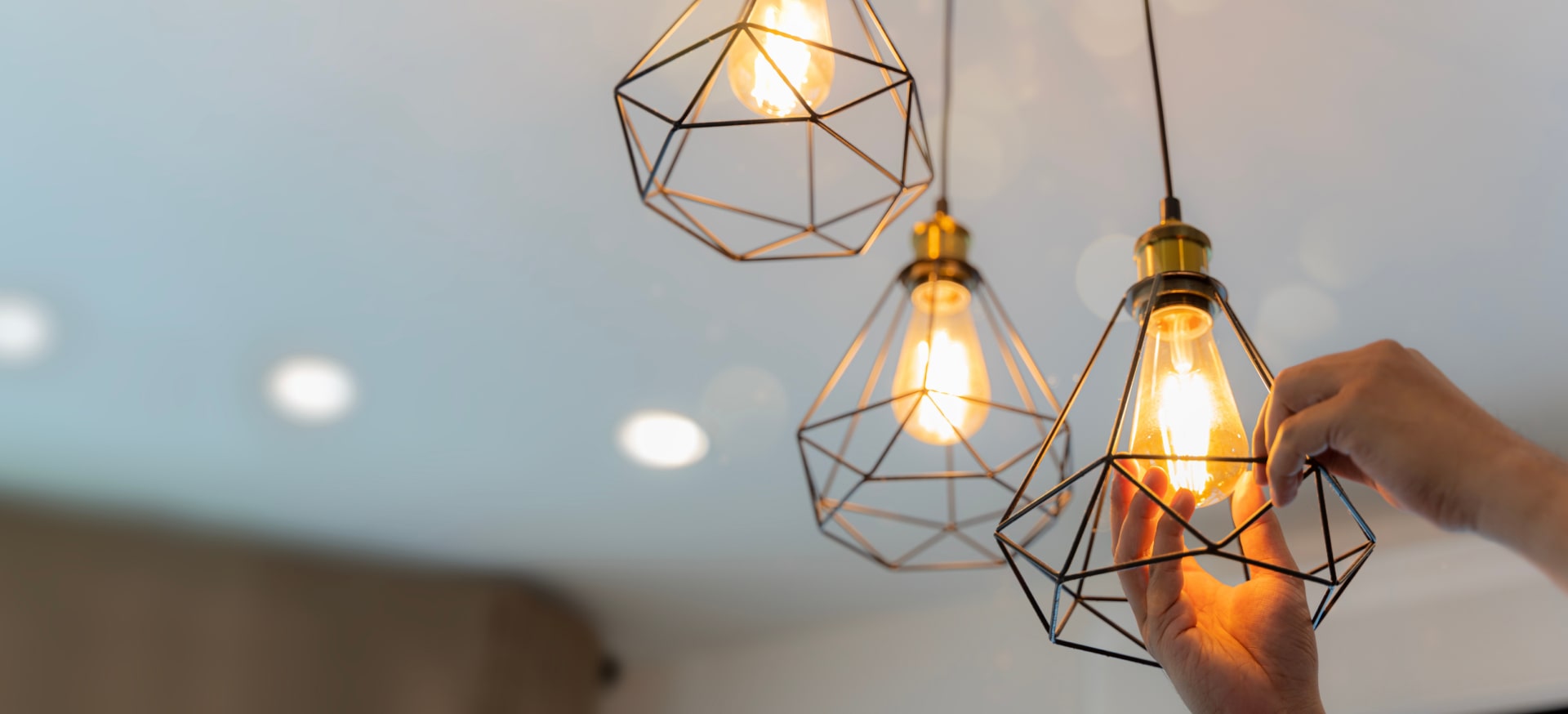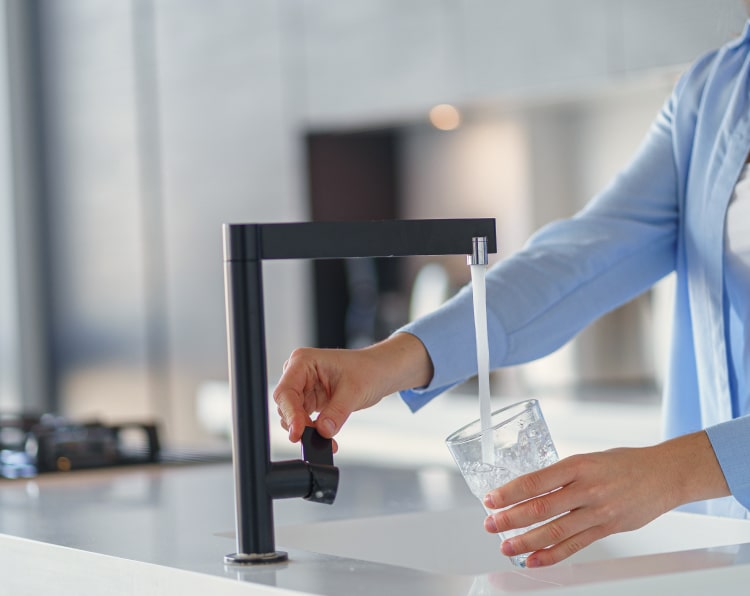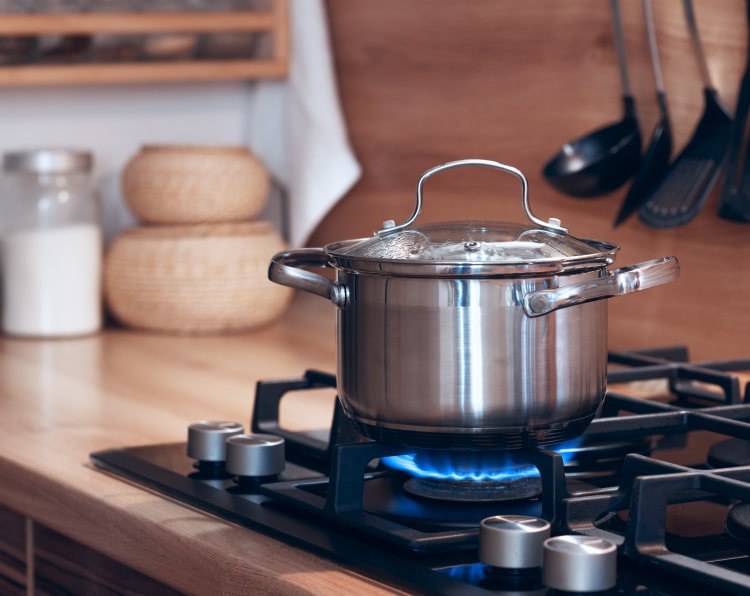ELECTRICITY SUPPLIES
If you have a new property that needs connecting to an existing ESP network, please email us (ESPEminorworks@espug.com) the details of your property, connection voltage and the maximum demand required.
We will review your application and advise you on the next steps. We aim to provide an efficient and economical network, and treat each request individually, according to how much electricity you think you need and are likely to use.
Once we have connected electricity to your property, you will need to choose a UK-licensed supplier and set up a contract. For independent advice on how to select a supplier, visit Ofgem’s website here.
Moving or upgrading an electricity connection
If you are connected to our network and need to reposition or upgrade your supply, please email us (ESPEminorworks@espug.com) your full property address, the Meter Point Administration Number (MPAN) found on your electricity bill, and details of the changes you want to make. We’ll then get in touch with you to discuss the available options.
If you already have a Smart Meter installed, please note that moving it to a new position may affect or lose the wireless connection. If so, your energy supplier may need to carry out extra, chargeable work to restore the connection. If moving the Smart Meter is part of your requested changes, we suggest you also contact your electricity supplier to discuss your plans.

Help & Advice
Safety
Electricity can be extremely dangerous, or even fatal, if you don’t follow safety procedures.
Always use a qualified engineer when carrying out any electrical work in your home.
A lot of electrical work is ‘notifiable’. This means you need to tell your local authority about it, and have the work reviewed and signed off by a registered electrician. We recommend getting in touch with your local council for more information before carrying out any electrical work in your home.
Inside the home
Always ensure the power is off (and unplugged if possible) when working on any electrical appliance – even when changing a light bulb.
Remember that water and electricity are a deadly mix.
The bathroom can be one of the most dangerous rooms in the house when it comes to electrical safety. Never bring mains-powered portable appliances such as hairdryers, heaters or radios into a bathroom.
Take the necessary precautions after a flood. If your home has been flooded, there is a high chance the electrics could be damaged. Make sure the property is safe before you enter, try to avoid direct contact with any remaining water, and – if it’s safe to do so – switch off the electricity supply at the fuse box.
Do not turn on any electricity or gas supplies after a flood, or use any mains-powered electrical appliances in areas affected by flooding, until a registered professional has told you it’s safe to do so.
Outside the home
Always make sure children or family members:
- DO NOT play with kites near overhead power lines.
- DO NOT fish where the rod or line may come close to an overhead power line.
- DO NOT enter electricity substations.
- DO NOT climb electricity towers or poles.
For more detailed information about safety with overhead cables, working around the home, leisure activities and digging in the vicinity of underground cables, click here to download our guide.
Power cuts 
We aim to provide a safe and reliable electricity supply, but unfortunately faults can sometimes cause unplanned interruptions.
If your electricity supply goes off, or if you’re at all concerned about the safety of your meter, or our underground electricity cables, please call 105. This number is available 24/7, and free to call from a mobile or landline.
For more information about the safety and security of our network supply, call us on 01372 587 500.
Working near cables
If you are carrying out building or landscaping works near an electricity installation, we recommend you get the plans before you start. For free plans of the utilities in the area, visit Linesearchbeforeudig and log in to make a request. Once you have them, download our guides for electricity, which set out best practice.
Preparing for a power cut
If you or a relative are reliant on necessary medical or other electrical equipment, please read this advice on what to do during a power cut, and make sure you’ve signed up to our Priority Services Register.
Remember never to put yourself in danger and to alert the emergency services if a dangerous situation arises.
Keep warm – keep a blanket and warm clothing handy and fill a vacuum flask or hot water bottle.
Stock your cupboard with food and drink that doesn’t require electricity to prepare it.
Keep your mobile phone and laptop fully charged.
Have a torch, with spare batteries, to hand.
If you need to use candles then please be careful. An open flame should always be used responsibly.
Keep an old-fashioned corded phone which you can plug in, as cordless phones may not work in the event of a power cut.
Have blankets ready to place over your fridges and freezers; this will help to keep contents cold for many hours.
Look out for elderly neighbours and ensure they are prepared for or safe in a possible power cut.
During a power outage
- Switch off all electrical appliances that shouldn’t be left unattended, in case the power comes back on. You should limit the use of your smart phone or laptop to preserve the life of the battery.
- Keep fridges and freezers closed. Putting a blanket over them will help contents stay cold for several hours.
- Leave a light on so you know when the power outage has been resolved.
- Check to see if your neighbours are okay.
- Wrap up warm.
- Remember never to put yourself in danger and to alert the emergency services if a dangerous situation arises.

Preparing for winter
While emergency power cuts are unlikely in winter, if they do happen, you may typically lose power for around three hours, once a day. However, depending on the severity of the scenario, power may be interrupted several times during the event.
- Not everyone in the country will experience a power cut. It may be around 5% of customers and will depend on the emergency.
- Not everyone will have a power cut at the same time. These will be spread out across the country to reduce disruption as much as possible.
- By sharing power cuts around the country, we can reduce how much power needs to be generated and return to normal faster.
- Please note that Priority Services Register customers will also lose power in an emergency power cut. As disconnections happen at the substation, it’s impossible to exclude individual domestic properties.
What can you do?
- Find your block letter (and rota, when needed) at powercut105.com or by looking at the top of your latest energy bill. Your block letter helps the network identify which part of the grid you’re connected to. Your rota refers to a planned power cut by the National Grid.
- Remember, as well as your lights and power going out, your gas boiler, heat pump, broadband and home phone will not work without electricity. Mobile phone services will also be extremely limited and might drop out entirely.
- It’s likely you and your neighbours will be without power together, but this won’t always be the case. Sometimes, the way that houses on your street are connected to your local power network may mean you are without power at a different time to those living nearby.
- If you rely on electricity to power medical equipment and don’t know what would happen to your equipment in a power cut, you should speak to your healthcare provider now.
- If you rely on electricity to power medical equipment, you should ensure your equipment and backup systems have been recently serviced and tested by the organisation which supplied it.


